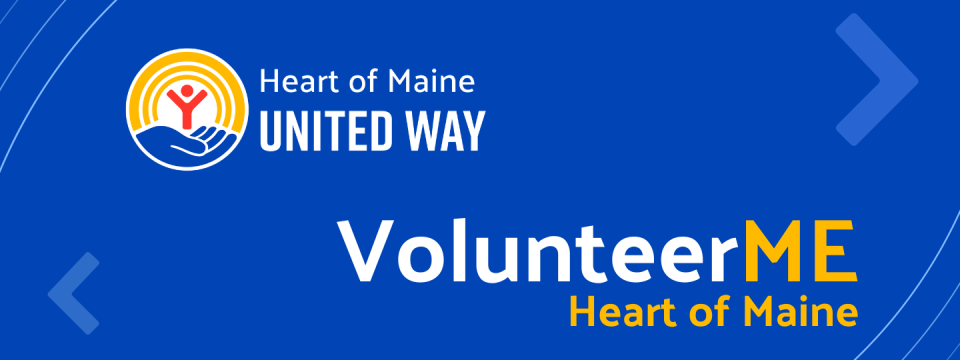The Restorative Justice Project connects volunteer mentors with youth in our Community Resolution Conferencing Program. Community Resolution Conferencing is a forum used to address crime and wrong-doing by bringing together the person(s) harmed with the person(s) who caused the harm (usually a juvenile or adult aged 18-22)--as well as supporters, family, and community members--to talk about the incident and to come to an agreement for how the person(s) who caused the harm can take resonsibility for their actions. Each person who caused harm is matched with a volunteer mentor, who is also present at the conference. Job Description: Restorative Conferencing Volunteer Mentor Major Role: (1) Help your mentee complete his/her Repair Agreement by providing high support and high accountability. (2) Be a positive role model. The Mentor’s Responsibility to the Mentee: Every volunteer mentor is expected to: Meet with mentee at least once a week for an hour for 2-3 months. Help your mentee keep track of Repair Agreement items and break them down into small, achievable steps. Help your mentee to set and work towards reasonable goals and to revise them when necessary. Foster the core values of the Community Resolution Conferencing program: Responsibility, Honesty, and Integrity. Highlight your mentee’s “sparks”—the things that excite, motivate, and inspire them. Provide connections to resources that your mentee may need in order to complete his/her Repair Agreement. Maintain interpersonal boundaries that establish clarity about your role as a mentor and ensure safety for all parties involved. Uphold and practice the philosophy and principles of restorative justice, including the beliefs and practices described as Grounding Philosophy of RJP, found in the Mentor Resource Guide. The Mentor’s Responsibility to RJP staff & team: Every volunteer mentor is expected to: Work as part of a team with fellow mentors, RJP staff, the mentee’s family, the director, and when necessary the mentee’s corrections officer, counselors and community agencies/organizations to help the mentee become accountable and understand the impact of their behavior on the community. Complete reports about contacts with the mentee and submit to RJP program staff weekly (these take about 10-15 minutes to complete). Check in with RJP staff when pressing concerns arise about the mentee’s mental, emotional or physical health. Annually attend at least 3 RJP workshops/trainings, including monthly mentor meetings and special events for on-going professional development. Discuss openly with RJP staff any feelings of dissatisfaction, confusion, and uncertainty in working with mentee. Qualifications: All volunteers must: Be at least 21 years of age. Submit an application, 3 references, a copy of a photo ID and an auto insurance card. Attend a mentor training Pass a criminal background check. Be mature, reliable, trustworthy, and emotionally stable. Not abuse drugs or alcohol. Be caring and compassionate. Have sufficient free time available to meet program requirements. Other qualities and skills of effective mentors may include: Relationship-building Skills Capacity for empathy, compassion, optimism, humor and self-reflection. Clearly demonstrated pro-social skills, including comfort and experience with active participation in community life. Ability to listen and build rapport in appropriate ways. Ability to model the willingness to have difficult conversations. Effective communication skills, with some background education or training in current recommended best practices, e.g., NVC or Motivational Interviewing. Understanding of the Mentor Role Ability to see the mentee as a separate person with different needs and goals and be comfortable with those differences. Ability to set reasonable standards of performance and build realistic expectations. Sensitivity to the diverse backgrounds and experiences of the mentee. Capacity to distinguish between the role of a mentor and that of a professional counselor, a social worker, and/or a financier. Possession of life-experience, knowledge and desire for learning Familiarity with or interest in gaining further fluency in restorative justice practice and in mentoring. Experience working with communities. Basic understanding of substance abuse and mental health issues and/or willingness to receive ongoing training and RJP support and resources.
Details
| 21 and older |


